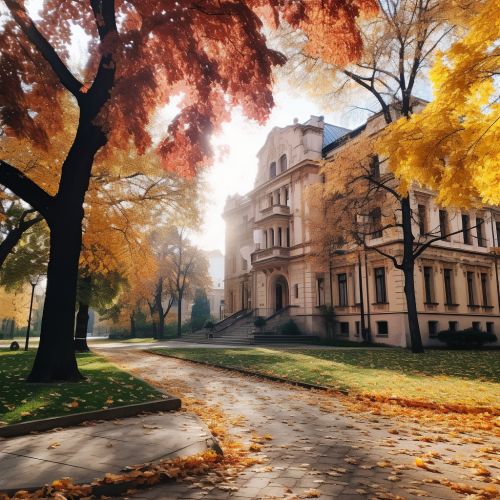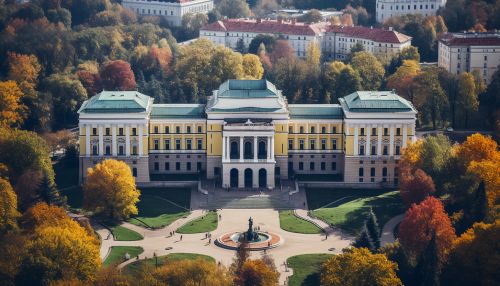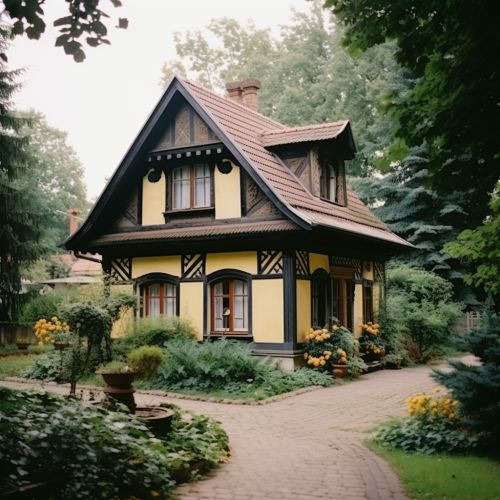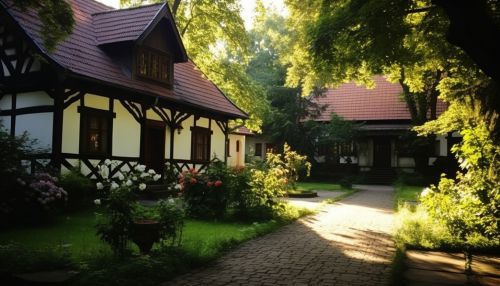Czesław Miłosz
Early Life and Education
Czesław Miłosz was born on June 30, 1911, in Szetejnie, a small village in what was then the Russian Empire and is now Lithuania. He was the son of Aleksander Miłosz, a civil engineer, and Weronika, née Kunat. His family was of the minor nobility and bore the Ślepowron coat of arms. In 1914, the family moved to Russia, where his father worked on road construction projects. After the outbreak of the Russian Revolution in 1917, the family returned to Lithuania.
Miłosz began his education at a primary school in Szetejnie. He later attended a gymnasium in Vilnius, where he was a classmate of the future Polish poet Anna Świrszczyńska. After graduating from gymnasium in 1929, Miłosz moved to Wilno (now Vilnius, Lithuania) to study law at Stefan Batory University. During his time at the university, he became involved in literary activities and published his first poems in the university's magazine.


Literary Career
After completing his studies, Miłosz worked for a time in the legal department of a radio station in Wilno. However, his true passion was literature, and he soon devoted himself to writing full-time. His first collection of poetry, Poemat o czasie zastygłym (Poem of the Frozen Time), was published in 1933. This was followed by Trzy zimy (Three Winters) in 1936. These early works, characterized by their innovative use of language and exploration of philosophical themes, established Miłosz as a leading figure in the Polish literary scene.
During World War II, Miłosz was in Warsaw, where he was involved in the underground literary scene. He wrote for clandestine publications and also worked on translations of the Bible into Polish. After the war, he served as a cultural attaché for the communist government of Poland in New York and Paris. However, he became disillusioned with the regime and defected to the West in 1951.
In the following years, Miłosz wrote a number of important works, including The Captive Mind (1953), an analysis of the intellectual and moral surrender to totalitarianism, and Native Realm: A Search for Self-Definition (1959), a semi-autobiographical novel. His poetry, too, continued to evolve, with collections such as The Light of Day (1956) and City Without a Name (1969) reflecting his experiences of exile and his ongoing engagement with philosophical and religious questions.
In 1980, Miłosz received the Nobel Prize in Literature for his body of work. The Swedish Academy praised him for his "uncompromising clear-sightedness" and his ability to "focus on the fundamental conditions of human existence."
Personal Life and Death
Miłosz married Janina Dłuska in 1944. The couple had two sons, Anthony and John Peter. After his defection, Miłosz lived in France for a decade before moving to the United States in 1960. He became a naturalized American citizen in 1970.
Miłosz died on August 14, 2004, in Kraków, Poland. He was 93 years old. His death was widely mourned in Poland and around the world, and he was remembered as one of the greatest poets of the 20th century.
Legacy
Miłosz's work has had a profound influence on contemporary literature, particularly in Poland and other Eastern European countries. His exploration of themes such as memory, history, and the moral responsibility of the artist continue to resonate with readers and writers today.
In addition to his own writing, Miłosz's translations of other authors' works have also had a significant impact. His translations of the Bible and of the works of other Polish poets have helped to shape the Polish literary canon.
Miłosz's life and work are commemorated in a number of ways. In 2011, the centenary of his birth was marked by numerous events in Poland and abroad. The Czesław Miłosz Festival, an annual literary festival in Kraków, is named in his honor.


